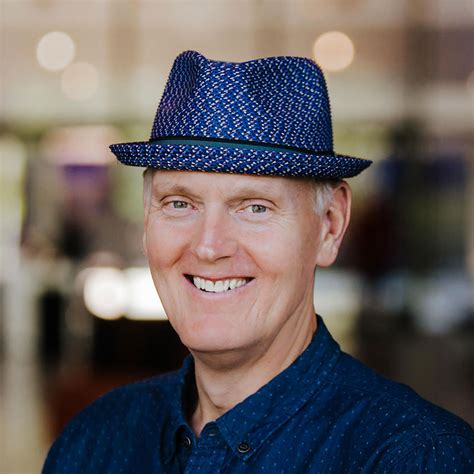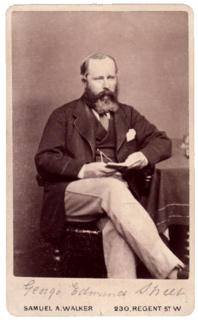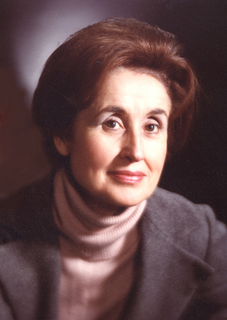A Quote by Peter L. Berger
There is a continuum of values between the churches and the general community. What distinguishes the handling of these values in the churches is mainly the heavier dosage of religious vocabulary involved
Related Quotes
The Church is not segregated by region or cities. That's an antiquated view of the world. We are united with churches all over the world working toward common goals based on shared values. Mosaic is one of the most racially diverse churches on the planet. Our community and extended Church family is global and completely integrated.
I don't have any complaints about homosexuals being married in a civil ceremony. But I don't think that the government ought to require religious organizations, churches, should perform marriages between homosexuals if a local congregation decides otherwise. I believe in the autonomy of individual churches.
The churches that are growing and thriving are churches that I would call evangelical and orthodox for the most part in their beliefs. They are churches that tend to evangelize ... and encourage their people to share their faith. These are the churches that are actually growing. The ones that are shrinking are the ones that are compromising and watering down what the word of God says.
What James Madison and the other men of his generation had in mind when they wrote the First Amendment was that there should be no official relationship of any character between government and any church or many churches, and no levying of taxes for the support of any church, or many churches, or all churches, or any institution conducted by any of them.
Most people just aren't clear-eyed about the rural South. We think that the urban centers are the problem, and the rural areas across the country are idyllic, suffused with good old American values, social values, religious values, moral values. It's what we tell ourselves to keep this political power structure in place, and it's what we see in pop culture, too.
... between government, business, and the public, there is a triangular community of interest. Clearly, it is in business' interest to shape its behavior to prevailing public values; it is more efficient to do so than not to do so. It is also clear that government is the high-cost alternative through which public values are imposed on corporations that do not accurately perceive these values.



































